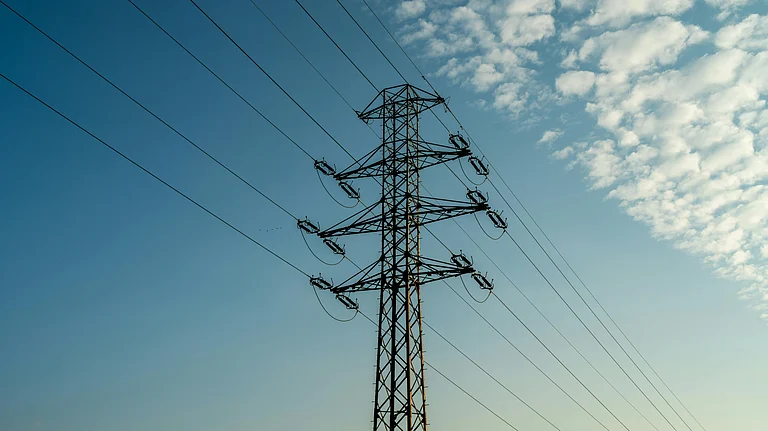The Bureau of Energy Efficiency (BEE), under the power ministry, on Monday suggested replacing air conditioners, older than eight years, with modern and efficient cooling systems to cut carbon emissions by 2030-31, an official statement said.
It was emphasised by BEE Director General Abhay Bakre during a workshop on alleviating heat stress by enhancing production of affordable cooling devices (AHEAD). It was organised by the Department for Promotion of Industry and Internal Trade (DPIIT) along with the World Bank.
Bakre "emphasized the need for replacing older (more than 8 years) Air Conditioners with modern and efficient (5 Star rated) cooling systems. This should ensure a substantial reduction in CO2 emission by 2030-31," the DPIIT said in a statement issued after the day-long workshop.
He also emphasized on promotion of Cold Chain technologies which are primarily product specific as well as promoting the concept of district cooling system.
It added that cold chain players flagged challenges such as lack of appropriate standards on technology and operations and lack of adequate demand from end consumers and value chain players.
World Bank Country Director for India Auguste Tano Kouame said that the growing cooling sector in India provides a USD 1.6 trillion investment opportunity.
It said that a key focus was on overcoming domestic manufacturing challenges and exploring innovative policy and financing strategies.
"The aim is to meet the growing demand for cooling technology and position India as a Global manufacturing hub. Adopting global good practices can help India to make them in India," it said adding carrying out research and development and producing to derive higher quality and performing cooling devices can give an edge to India being a global hub for cooling devices.
The workshop also highlighted the potential for catalyzing investments and generating green jobs in the cooling sector.
DPIIT Joint Secretary Sanjiv said that the inputs will surely be explored in letter and spirit to collectively make India a global hub for manufacturing sustainable cooling devices.
"This event, drawing over 100 industry and other stakeholders, marks a pivotal step towards fortifying India against intensifying heat waves through sustainable and affordable cooling solutions," it said.
The workshop recognized the need for cost-effective, domestically-led technologies to ensure affordability that will cater to the large Indian population that will require cooling.
Increased global warming and purchase power are likely to increase growth in overall cooling demand by 10 times in the next two decades.
"The cooling interventions have the opportunity to save 4.5 per cent of GDP, i.e., nearly USD 329 billion which could be at risk by 2030 due to heat waves," it said.
At present India spends nearly a billion USD in 2022-23 of foreign exchange is spent in importing cooling device components.
"Given the fact that India is poised to grow by over 10 times in the next two decades, it is only valuable for India to produce them locally and perhaps move on to become a global hub for producing cooling devices," it said.


























.jpg?w=200&auto=format%2Ccompress&fit=max)




